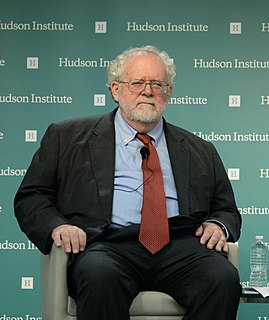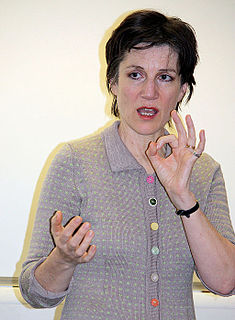A Quote by Richard Flanagan
I think all novels are contemporary. When people went to see 'Antony-Cleopatra' at the Globe in the 16th century, they were not going to get a history lesson on the Roman Empire. It was about love, sex, and also about dynastic troubles.
Related Quotes
Fashion is not just about trends. It's about political history. You can trace it from the ancient Romans to probably until the '80s, and you can see defining moments that were due either to revolutions or changes in politics. At the end of the Roman era, there was this whole move against togas, because that was the signifier of the Roman Empire. In the same way, the '60s were a reaction against the '50s and so on. But now we've been feeding on a sort of cadaver. At the moment, we're just endlessly recycling the past.
When Edward Gibbon was writing about the fall of the Roman Empire in the late 18th century, he could argue that transportation hadn't changed since ancient times. An imperial messenger on the Roman roads could get from Rome to London even faster in A.D. 100 than in 1750. But by 1850, and even more obviously today, all of that has changed.
The history of the Roman Empire is also the history of the uprising of the Empire of the Masses, who absorb and annul the directing minorities and put themselves in their place. Then, also, is produced the phenomenon of agglomeration, of "the full." For that reason, as Spengler has very well observed, it was necessary, just as in our day, to construct enormous buildings. The epoch of the masses is the epoch of the colossal.
Watching and learning from the great Josette Bushell-Mingo, who was playing Cleopatra in Antony and Cleopatra at the time, and then to return to the same stage six months later playing a lead role, was incredible - I fell in love with the poetry and the breadth of the language so much that I didn't want it to end.
You can actually muck with history and think about what if, why not. What if there were dragons in the Incan Empire that allowed them to resist colonization? What if there were a massive dragon empire in the middle of the interior of southern Africa that decided to take objection to the slave trade?
I think a lot of people trying to follow Buddhism these days are getting confused about sex and they don't understand what's going on. They've been exposed to a contemporary Christian idea that sex itself is evil and bad, which I'm not so sure was Jesus' idea. For me, the Buddhist approach isn't that sex itself is evil or bad but that sex is neutral. It's the way you do it that can problematic.






































